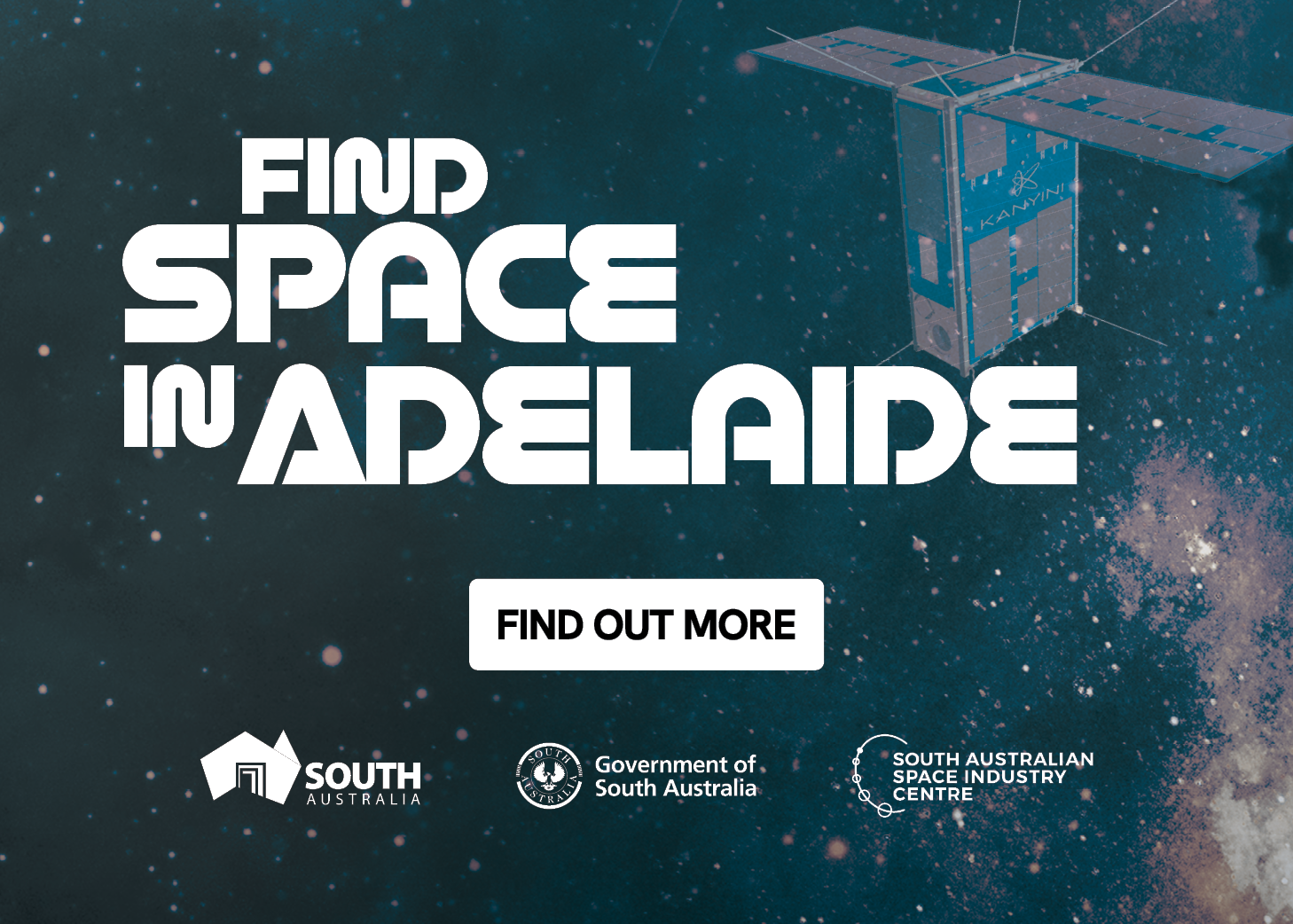John Moody
The importance of space is irrefutable. A key enabler for Defence operations and now an operational element alongside air, land, maritime and cyber domains. Space enables a nation the ability to command and control globally, undertake surveillance, intelligence and support deployed forces.
Space capabilities have moved into the mainstream and are proving essential in multi- domain operations where access and denial is key to integrated forces.
Many nations are reviewing ways to reinforce their global posture, developing space capabilities to advance their national agenda, create strategic ability and sustain military advantage.
UK Space Command is currently at the forefront of multinational space operations working alongside some of the finest space commands across the world. Formed in April 2021 , UK Space Command is a joint command of the British Armed Forces with members of the Royal Navy, British Army, Royal Air Force, alongside civil servants and contractors.
Still in its infancy, UK Space Command is pushing forward and upwards creating space domain awareness, dominance, safety, security, new capabilities, training, and education on a defence level but also provides resources for commercial actors including information and data sharing with allied partners.
The opportunity to interview the Commander of UK Space Command, Air Vice-Marshal Paul Godfrey OBE, afforded the chance of a lifetime. I wanted to find out how one rises to such a positon and the journey travelled to get there.
Air Vice-Marshal Paul Godfrey comes across as friendly, open, and knowledgeable in the area of space and defence with a lifetime history in the Royal Air Force. I asked AVM Godfrey where it all began.
“At 10 years of age, I recall doing a project on the space shuttle at school, colouring in the fuel tanks in orange, a fascination with aircraft from the start. I recall playing with toy aircraft, playing for hours on end, as well as watching aircraft fly and being inspired by the Apollo Moon Landings. My dad also built miniature airplane models.”
Seeing an air show back in 1978, one of AVM Godfrey’s first memories, with Spitfires and Hurricanes flying overhead he turned to his Dad and said “this is what I really want to do.”
Joining the Air Force Cadets at school gave him confidence to apply for a six-month scholarship and getting a chance to fly reinforced his love for flying. This inspired AVM Godfrey to join the Royal Air Force, completing officer training at eighteen years, graduating in 1991 as an acting Pilot Officer. He quickly climbed the ranks getting the opportunity to live out his childhood dream of flying all types of aircraft.
Having experienced flying the UK’s first fifth generation air combat capability, the F-35A Lightning II, AVM Godfrey got the call to head up UK Space Command which he says was pure luck and timing. I asked if he ever thought he would head up Space Command.
“Of course not, but it was a very exciting 32-year journey to get here and a challenge which I looked forward to.”
The UK has 6 SATCOM satellites in geostationary orbit. UK Space Command is currently building an Earth observation constellation as one their capabilities. This will enable further collaboration with allied space commands, including Australia, for a safer and more secure global operating environment.
AVM Godfrey and his team recently visited Australia to meet Air Vice-Marshal Cath Roberts, Commander of Defence Space Command Australia. This provided the opportunity for both Space Commands to discuss and collaborate further in developing and cohering resilient capabilities for Defence.
AVM Godfrey said we have a lot in common acknowledging Australia as a close neighbour and ally.
“Air-Vice Marshal Roberts is a very likeable and easy person to work with. By working together as mates we are able to save Australia time by avoiding the pitfalls UK Space Command has experienced. There is genuine friendship and cooperation based on an organic relationship.”
Strategically speaking, one of the major roles UK Space Command is trying to manage is congestion. Space congestion is a major factor to safety in space with many used objects floating around causing hazards. With ever increasing commercial, mapping and tracking, these objects are of vital importance to all space ventures.
UK Space Command utilises commercial space launch providers to provide vertical launch options. There may come a time when a heavy lift option is required to enable a much larger and effective capability. Cost efficiency is the prime attributing factor at this moment in time. Joining the dots by working with other space commands gives global coverage and awareness. AVM Godfrey said US Space Command has been brilliant in assisting UK Space Command. The focus is not just on Five Eye countries, Australia, Canada, New Zealand, United Kingdom and United States, but also including new and emerging allies into the fold. The three to four year mark is usually the set up and learn phase, with the fifth to seventh year the operations stage.
With only three years since formation, UK Space Command are still finding their feet and have a long journey ahead but by starting the process they move forward, learning as they go. One can only imagine the capability in ten years time. Space related activity at the level currently being experienced was once in the realm of science fiction and movies such as Star Wars, but today plays an integral part in our daily lives and ensures military operations deliver across the spectrum of national security operations.
By the end of the decade, UK Space Command will have its own space academy, additional SATCOM satellites and have trained large numbers of people specialising in the space arena. It’s an eye opener for many because space is taken for granted. AVM Godfrey said in five years time people will understand the importance of space and we will have capability up there to help protect space for the people who need to use it.
“It’s going to be a real and exciting thing and I’m grateful for the opportunity to play my part in history.”
“It’s about ten years from initial concept to setting up the organisation and working out what’s going on and which direction you are going, building your workforce, your management procedures and what your manifest and launch objectives are, so it takes a little bit of time to get it all right, but in the end you have one awesome capability.”
In an age where the international security context is characterised by persistent and aggressive state actors, the space domain and the role of space command, partners and allies will continue to contribute to a safe, sustainable, secure and accessible environment now and into the future.













